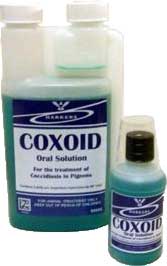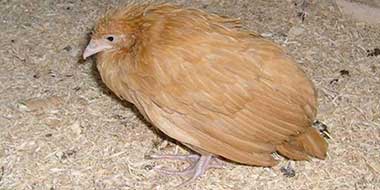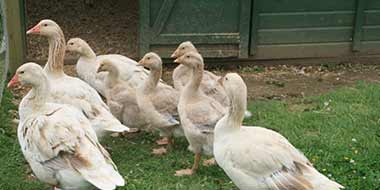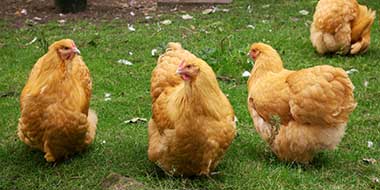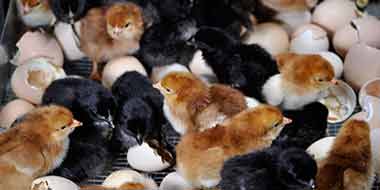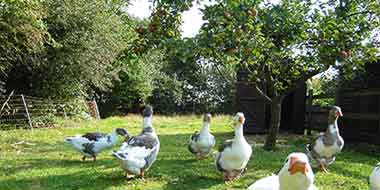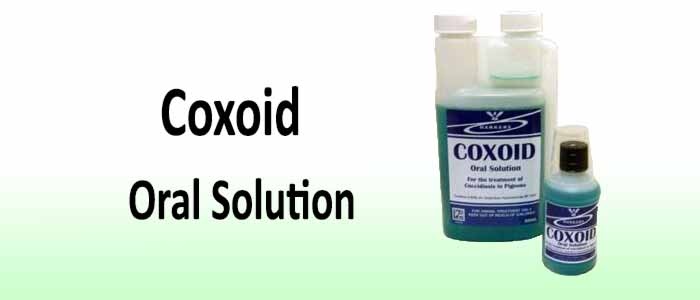
Coxoid is a medication that vets will sometimes suggest to control coccidiosis in chickens. It is a relatively common disease, and Coxoid has been used by vets ‘off label’ because it isn’t licensed for use in food-producing animals.
Coccidiosis is a disease caused by internal parasites called Eimeria. These live inside the cells that line the birds intestine. As they reproduce, they cause bleeding and swelling in the intestines.
Birds will be hunched and depressed. They will lose a lot of liquid and cannot absorb nutrients from their food, so will soon die if left untreated.
Coccidiosis can affect all types of poultry, but there are different types for different species. This means coccidiosis cannot pass between species, but it requires the same sort of conditions to thrive, so you can see outbreaks in different species at the same time. Coxoid can be useful for all poultry.
- There is further information on Coccidiosis in Chickens here.
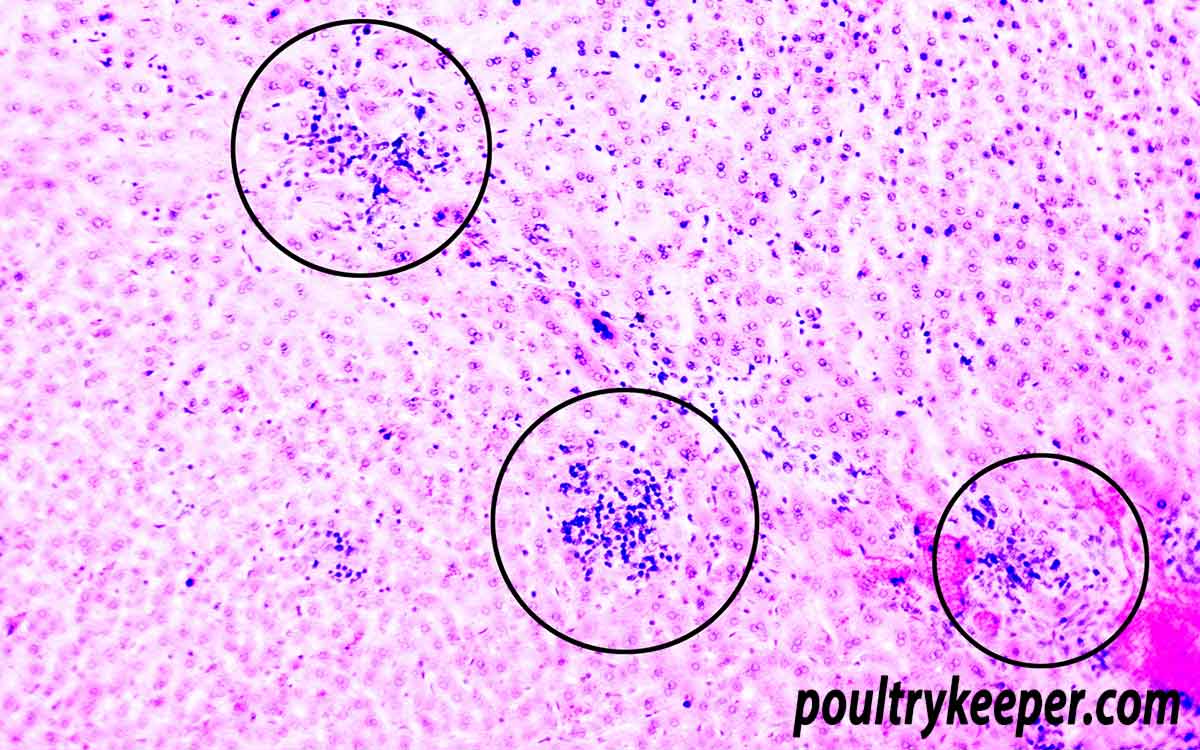
Coxoid
In the absence of licensed alternatives, veterinarians sometimes prescribe drugs such as Coxoid under the ‘cascade’ to treat coccidiosis in poultry.
Coxoid is marketed under the Small Animal Exemption Scheme, which covers small domestic pets, including birds; however, it is not intended for use with animals producing food. So for chickens producing eggs, it is only your vet who can advise you to use it in this way, in the absence of other suitable licensed products.
As poultry keepers, we often find medications that haven’t been approved for poultry but are approved for birds such as pigeons and aviary birds. It is very costly for manufacturers to go through the testing and obtain a license.
Coxoid contains 3.84% of the drug amprolium hydrochloride, a structural analogue of thiamine (vitamin B1). Amprolium hydrochloride mimics its structure, inhibiting thiamine utilisation by the parasite.
Coxoid Oral Solution
Coxoid comes as a liquid that is administered diluted with drinking water.
You can buy Coxoid here but remember it is only a veterinarian who can advise on such use, so please seek the advice of your nearest poultry vet first!
Using Coxoid
- The dilution rate of Coxoid to fresh drinking water is 1fl.oz per gallon (6.22ml per litre or 28ml per 4.5 litres).
- It is normally available in 2 sizes: 112ml and 500ml.
- It should be given for 7 days. An improvement can be expected within 2 days.
- Do not allow birds to have access to unmedicated water during treatment.
- Store at room temperature.
- Coxoid should not be used on birds that are intended for human consumption.

